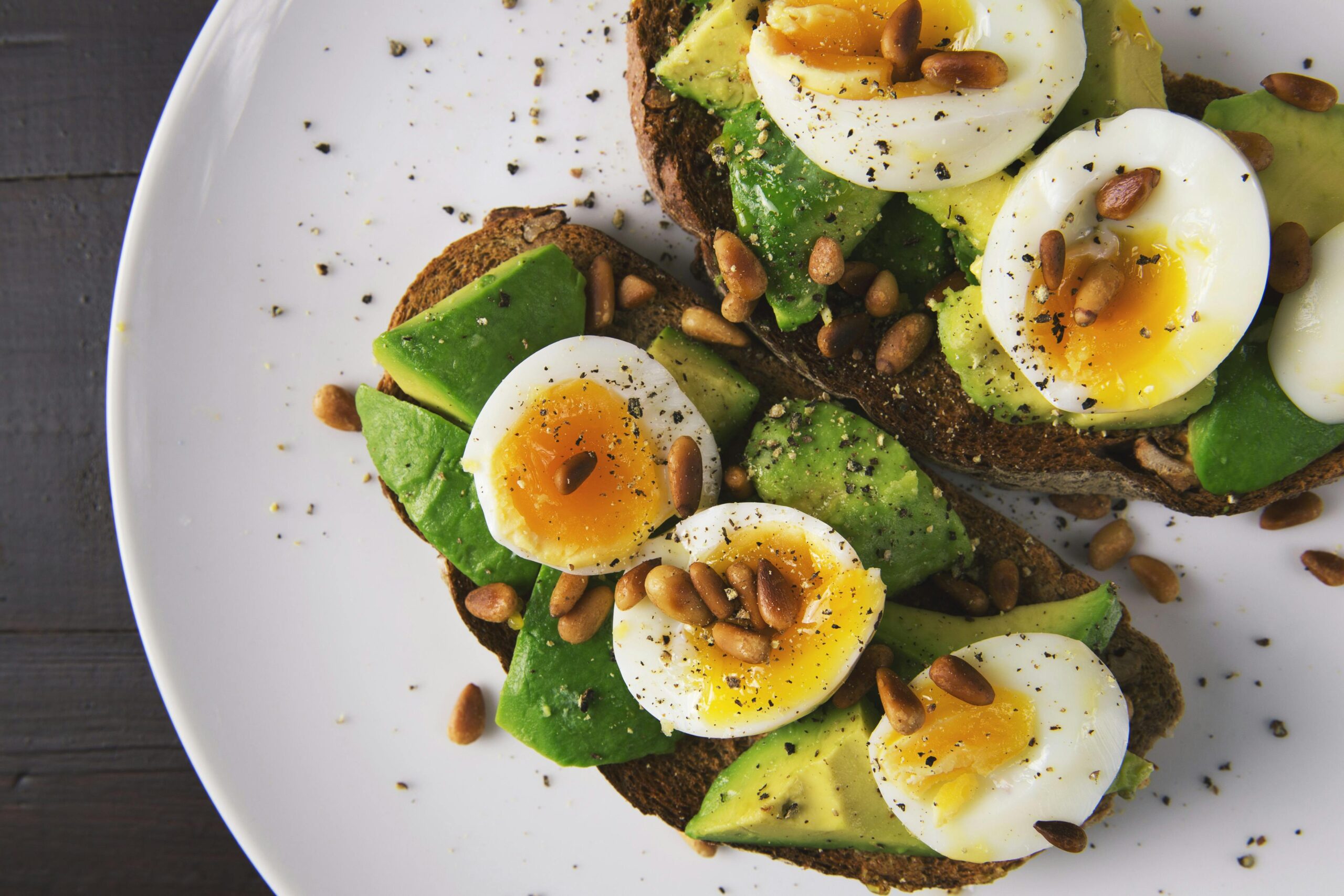The Dukan Diet is a high-protein, low-carbohydrate weight-loss program created by French physician Dr. Pierre Dukan. This diet gained popularity in the early 2000s and has since attracted many followers seeking a structured approach to losing weight. In this article, we will explore the Dukan Diet in detail, discussing its phases, benefits, potential drawbacks, and tips for success.
What is the Dukan Diet?
The Dukan Diet is divided into four distinct phases, each designed to help individuals lose weight effectively and maintain their desired weight. The diet focuses on protein-rich foods while limiting carbohydrate intake, which can lead to significant weight loss.
Overview of the Dukan Diet Phases
- Attack Phase: The initial phase lasts from a few days to a week and emphasizes protein intake. During this phase, dieters can consume lean meats, fish, eggs, and low-fat dairy products while avoiding carbohydrates and fats.
- Cruise Phase: This phase alternates between pure protein days and protein plus vegetable days. It continues until the dieter reaches their target weight, promoting gradual weight loss.
- Consolidation Phase: Once the target weight is achieved, this phase focuses on reintroducing carbohydrates and fats in a controlled manner. It helps dieters maintain their weight loss while allowing them to enjoy a more varied diet.
- Stabilization Phase: This is the long-term maintenance phase, where individuals follow specific guidelines to keep the weight off. This includes one protein-only day per week and adopting healthy eating habits.
The Science Behind the Dukan Diet
High-Protein Approach
The Dukan Diet is rooted in the premise that a high-protein diet can promote weight loss by increasing feelings of fullness and reducing hunger. Protein-rich foods require more energy to digest, which can lead to a higher metabolic rate and more calories burned throughout the day.
Carbohydrate Restriction
By limiting carbohydrate intake, the Dukan Diet aims to reduce insulin levels, leading the body to burn fat for energy instead of relying on glucose from carbohydrates. This process, known as ketosis, can help accelerate weight loss.
Nutritional Considerations
While the Dukan Diet focuses heavily on protein, it also emphasizes the importance of consuming enough nutrients. The diet encourages dieters to include a variety of protein sources, such as poultry, fish, and low-fat dairy, to ensure they meet their nutritional needs.
Benefits of the Dukan Diet
Rapid Weight Loss
One of the most appealing aspects of the Dukan Diet is the potential for rapid weight loss, particularly during the initial phases. Many followers report losing several pounds in the first week, which can be motivating and encouraging.
Structured Approach
The Dukan Diet provides a clear and structured plan, making it easier for individuals to follow and stay on track. The phased approach helps dieters understand their progress and adjust their eating habits accordingly.
Reduced Hunger Levels
The high-protein nature of the Dukan Diet can lead to increased satiety, helping individuals feel fuller for longer periods. This can reduce cravings and make it easier to stick to the diet.
Flexibility in Food Choices
While the Dukan Diet restricts certain foods, it offers a wide range of protein sources and allows for some flexibility in meal planning. This can help dieters create varied and enjoyable meals throughout the diet.
Potential Drawbacks of the Dukan Diet
Nutritional Deficiencies
One concern with the Dukan Diet is the risk of nutritional deficiencies, especially during the initial phases. By limiting carbohydrate intake and certain food groups, dieters may miss out on essential vitamins and minerals.
Difficulty in Maintaining Weight Loss
While the Dukan Diet may lead to rapid weight loss, some individuals find it challenging to maintain their weight after completing the program. The restrictive nature of the diet may make it difficult for some to transition to a more balanced eating pattern.
Possible Side Effects
Some dieters may experience side effects, particularly during the early phases of the Dukan Diet. These can include fatigue, constipation, and bad breath, which can occur as the body adjusts to the high-protein, low-carbohydrate intake.
Social Considerations
The Dukan Diet’s restrictions may make social situations challenging, as it can be difficult to find suitable food options when dining out or attending gatherings. This can lead to feelings of isolation or frustration for some dieters.
Tips for Success on the Dukan Diet
Stay Hydrated
Drinking plenty of water is crucial while on the Dukan Diet. Hydration can help prevent constipation and support overall health during the weight loss journey. Aim for at least eight glasses of water a day.
Incorporate Physical Activity
Incorporating regular physical activity into your routine can enhance weight loss and improve overall well-being. Aim for a combination of cardiovascular exercise, strength training, and flexibility exercises to create a balanced fitness program.
Plan Your Meals
Meal planning can help you stay on track and avoid temptation. Prepare a list of allowed foods for each phase and create a weekly meal plan to simplify your grocery shopping and cooking.
Seek Support
Consider joining a support group or connecting with others who are following the Dukan Diet. Sharing experiences, challenges, and successes can provide motivation and encouragement throughout your weight loss journey.
Monitor Your Progress
Keep track of your weight loss progress and celebrate your achievements along the way. Regularly assessing your progress can help you stay focused and committed to your goals.
Conclusion
The Dukan Diet offers a structured and high-protein approach to weight loss that may appeal to those looking for a clear plan. While the diet can lead to rapid weight loss and reduced hunger levels, it is essential to consider the potential drawbacks and nutritional concerns associated with its restrictive nature. By staying hydrated, incorporating physical activity, planning meals, seeking support, and monitoring progress, individuals can increase their chances of success on the Dukan Diet. Always consult with a healthcare professional before starting any new diet to ensure it aligns with your individual health needs and goals.













